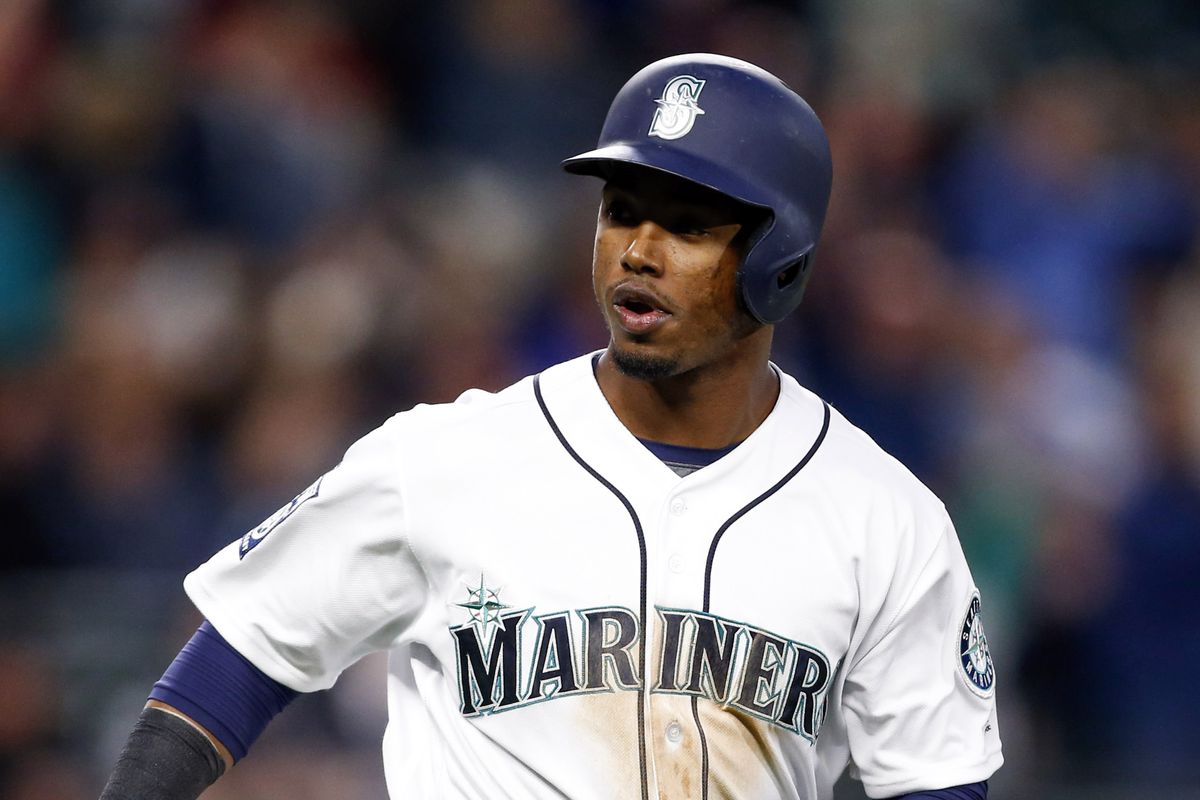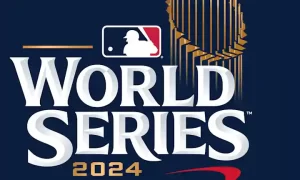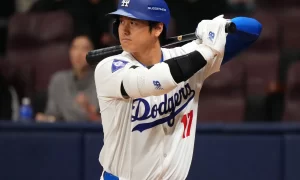For the Mariners, This Winter May Be A Long One

We pay our debt sometime
Well it’s over now
Yet I can see somehow
When it’s all gone wrong
It’s hard to be so strong
-Alice In Chains (1995)
It’s rebuilding time in Seattle. That much was apparent following last week’s blockbuster trade of ace James Paxton to the Yankees. To most Mariner fans, it wasn’t even the trade that signaled the times were changing. Reports from two weeks ago had the M’s pegged for a roster “reimagining”, or whatever fancy lexicon General Manager Jerry DiPoto wants to use to describe future losing seasons.
The return for the Mariners for Paxton isn’t bad by any means, and we’ve written about what Justus Sheffield can provide to the team. As a potential frontline starter, he may not possess Paxton’s stuff, but chances are he stays on the mound much more frequently than the Big Maple ever could. In addition, the team got back two decent prospects who appear close to contributing at the major league level. Yet despite the optimistic outlook and all the future projections in the world, this all feels so very….Mariners. It isn’t hard to see why.
My best friend is a self-described Seattle super-fan. Like some kind of Emerald City Moses, he has wandered through the desert that is seventeen straight seasons without postseason baseball, a timespan that has encompassed his entire fandom. Despite a Seahawks Super Bowl win in 2014, which will remain the happiest moment of his life, future children and marriage included, the constant losing from his baseball team has been trying at best.
Perhaps nothing exemplifies this better than when we saw a Yankees-Mariners game together this past season in the Bronx. A late game lead had him jumping out of his seat following even the most routine of plays. Yet, all the cheering and excitement in the world couldn’t stop a Giancarlo Stanton walk off.
The ensuing subway ride home was filled with doubt over the Mariners then-hopeful chances at October baseball, and whether the team had what it took to stand up to the AL’s elite. I reassured him that the substantial lead the team had built up in the wildcard race seemed difficult for even Seattle to screw up; he knew better and told me so. While realistic and sometimes brutally honest about the often painful life a Mariners fan must lead, he never manages to lose his enthusiasm.
I first found out about the Paxton trade from my old pal. While many in the Pacific Northwest were somber about DiPoto’s deal, he was excited. “Sure, James was great”, he texted me, “but now we have a younger, less risky starter who can energize our farm! It’s a win-win!”. I admired the exuberance, but I can’t help but feel like this is the latest in a long line of disappointments for baseball’s most depressing franchise.
It isn’t just that Felix Hernandez won’t get that chance to see the bright lights of the postseason. Nor is it the outlook of paying Robinson Cano $30 million to hit .250 on a last place club. Ditto for the reality that Mitch Haniger may play his best games in front of half-capacity crowds. What really stings is how quickly optimism turned to failed potential and broken hearts.
One comparable postseason drought in the Wildcard era is that of the Pirates, who went from 1993 to 2010 without a playoff game.
The difference between Pittsburgh and Seattle is that the Pirates consistently lost 100 games each year, while the Mariners have really tried, and have even had multiple generational talents- from Ichiro to Hernandez. For one of the last two franchises without a pennant, let alone a World Series ring, Mariners history has been a series of some highs and many lows since 1977.
Although the franchise’s biggest claim to fame remains an MLB-record 116 regular season wins in 2001, that team was abruptly bumped out in a five game ALCS by, of course, the Yankees, who had eliminated them the season before. That it is New York who will be ushering in the end of this most recent chapter in M’s baseball is nothing short of a cruel irony, handed down as punishment from the often merciless baseball gods.
The Mariners haven’t been back to the playoffs since ‘01, and have seen divisional rivals pass them by in the process. The Astros were the laughing stock of the league just eight years ago, losing the most games ever over a three year span in baseball history. Despite the awful product they had put on the field, years of tanking helped give birth to a World Series winner in Houston that looks poised to dominate the AL West for years to come.
To add insult to injury, this past year the upstart Oakland A’s managed to steal the second wildcard from Seattle’s clutches thanks to a scorching hot midsummer surge, spoiling what had been set up to be a return to relevance for the Mariners. The pain almost feels numb for the fans, almost. Now, hope has finally been lost by management as well. It took nearly two decades, but Seattle is ready to start over.
The saddest thing about Seattle is they were always one piece away. Back in King Felix’s heyday, the team had a consistently good starting staff, supplemented by rising young stars in Doug Fister and Hisashi Iwakuma, but an absolutely anemic offense. Flash forward five years later, and a high-powered lineup with Nelson Cruz and Robinson Cano mashing bombs couldn’t find enough starting pitching to stay in games. The Mariners always held the belief that they were one move, or one player away from finally turning the corner. The team had some bad seasons, for sure, but they never bombed. In an age of complete teardowns across all professional sports, they remained a bastion of mediocrity, alluring fans and prognosticators every spring, both of which made bold claims that this was the year.
In the end, big free agent splashes and smart trades couldn’t save a poor farm system and the eventual decline of Hernandez. Now, he remains on the team as a symbolic reminder of a career mainly spent being wasted by a subpar supporting cast, only to find himself holding the roster back when they needed him most.
If this is the end of semi-competitive baseball in Seattle, so be it. Teams that miss the playoffs aren’t exactly revered in the hearts of their fans. But one can’t help but feel that this era of Mariners baseball never really got started. The city deserved better; I can say first hand that the atmosphere at Safeco Field is electric, based off of the one time I ever visited Seattle. Looking back now, going to that game itself is telling in its own right.
A week after pitching a perfect game, King Felix took the mound to a legion of yellow-clad fanatics, who collectively made up the King’s Court. For one night every five days, Seattleites could forget about a sorry squad and root like crazy for the one man who committed to the team like no other, even when he could have easily bolted to a contender. Felix will surely be immortalized at Safeco even if he isn’t Cooperstown bound, number-retiring policies be damned. Yet, there will always be a lingering afterthought when thinking of both him and the many stars who have played in Seattle over the past two decades: “Never got the chance to play when it mattered”.
For this writer, that is truly a shame. Maybe the losing seasons to come won’t be so bad, and maybe the team will end up the better for both the Paxton trade and the ensuing departures that will follow this winter. Maybe my friend and the thousands of fans like himself will finally get their fix of October baseball, turning the past eighteen years into a fading memory. However, there is no way to describe the Mariners and their doomed quest for contention other than in the words of the late Washington-born Layne Staley: it’s over now.
-Bryan Armetta
















